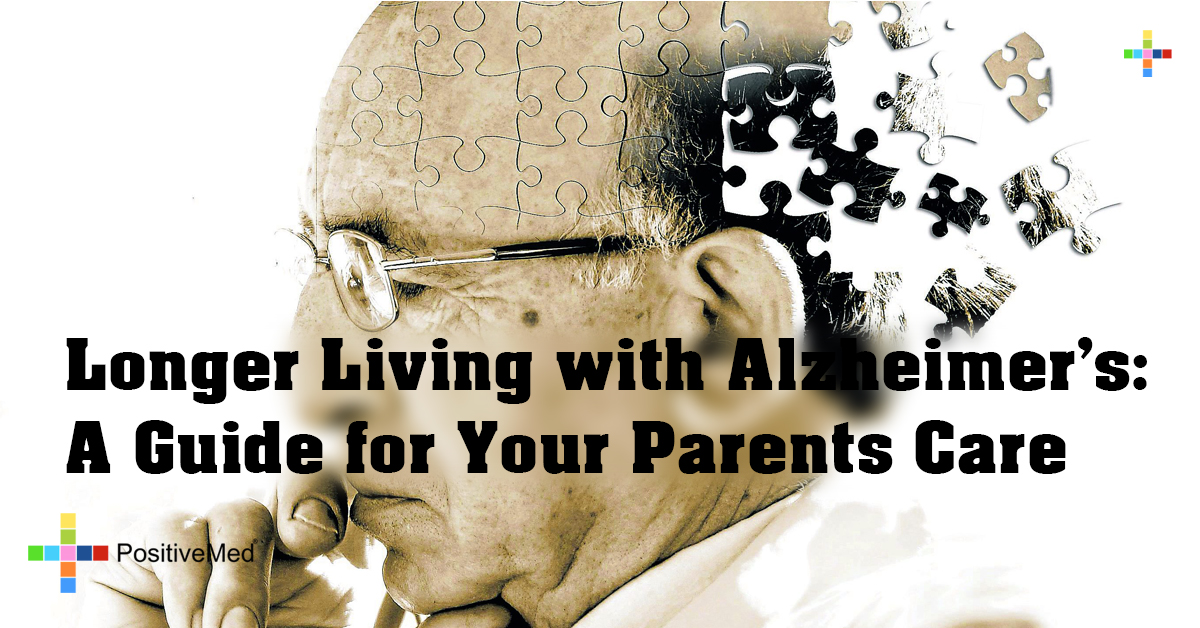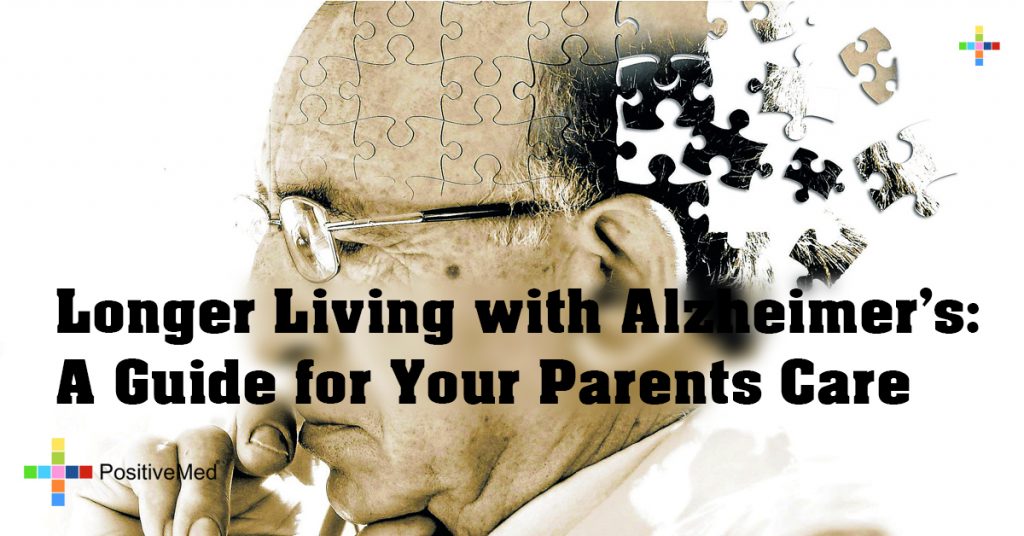
Caring for your parent who has signs or has been diagnosed with Alzheimer’s is a hard road to travel, yet there are certain steps we can take to make sure the journey isn’t as rough. Longer independent living is a common goal for both the parent and the child. How can you stop and help your loved one hold onto their precious dignity longer?
Sadly, as you already know, you can’t stop Alzheimer’s. In spite of this fact, you can try delaying its onset and severity. We need to take an inventory of what is commonly known. Life expectancy for those with Alzheimer’s can vary greatly from person to person. One reason is that the length of each stage differs. Some people live 20 or more years after diagnosis, while some decline rapidly, passing within a few years.
Research supports that healthy diets, brain stimulation, good sleep hygiene, social interaction,
Seniors suffer from isolation and often live alone. Being able to keep up with basic self-care gets difficult as we age. Proper nutrition, hygiene, and staying active are challenges for every senior, yet these challenges are magnified for those with Alzheimer’s. The responsibility falls on the adult children and loved ones to step in with help and assistance, or the decline will continue, sometimes rapidly.
Hiring a home care aid is one of the best options because it keeps surroundings familiar
There are also options to adjust the care levels as they progress. But what are the signs that it might be
The need for home care assistance comes to light where there are changes in your parent’s health or quality of life. There are several situations that can impair a person’s ability to live independently and this list is just a sample of what to look for:
• Difficulty completing “activities of daily living”
• Problems with getting around the house and frequent falls
• Isolation and staying alone
• Poor nutrition, specifically weight loss or gain and/or nutritional deficiency.
• Personal loss — death of a spouse or close friend.
• Someone who has trouble recovering from an injury or illness
• A disheveled appearance can indicate issues with personal hygiene
• Forgetting to pay bills or take medications
A benefit of home care assistance is assurance your parent or loved one is being looked in on regularly and cared for. They have assistance when they need it and will not be as shy to ask for help. More importantly, your relationship is now focused on quality time with your parent.
However, your parent will likely be more comfortable being cared for by someone he or she already trust. Unfortunately, many who are willing to take care of a loved one cannot afford to take time off from work to do so, this is where Medicaid or other state programs can be helpful in assisting families who are caught in this no-win situation. With the right assistance, you can make sure your home care aid is trustworthy and paired to your parent’s needs.
Now you can focus on what we know can help your loved one keep their brain healthy. It is no secret brain training exercises is one of the best ways to know the state of mind of your loved one. It keeps the mind working well, forming new neuro-connections, and preserving older connections. It also gives a chance for assessments of increasing struggles so you can work with your parents’ doctors. This feedback is invaluable, it allows for the effectiveness of medications and therapies to be seen quickly so adjustment can be made.
Daily schedules benefit seniors with Alzheimer’s and a routine is important. One benefit of a schedule is to promote the importance of eating at the right times, having regular exercise and a proper sleep/wake schedule. Be sure to include exercise in their routine up three times a week. A daily schedule will need the help of others to accomplish it, but the benefits are long lasting.
Having proper nutrition is important, especially for those facing Alzheimer’s. Eating balanced meals that include vegetables, legumes, nuts and seeds, fruits and whole grains is important. Many seniors lack variety and fresh produce. Ensuring these are readily available and easy to eat will help make sure nutritional deficiencies are not adding to the problems. Also eating properly will help maintain overall health.
Finally, a common overlooked yet important consideration is making sure your parents’ home environment is safe for them, especially when they may suffer from cognitive impairment of varying degrees. Clear floor clutter like cords that cause a tripping hazard, control medications, make sure they are secure from theft, and most importantly make sure a written list of emergency numbers near all phones in case your parent needs help and are unable to remember the right numbers.
Helping your parents live longer with their independence and dignity is one of the most daunting tasks for those suffering from Alzheimer’s. You can help slow their cognitive decline by helping them stay healthy, alert, and actively engaged. At some point, help will be needed but you will not want to wait for a reason or crisis.
Being proactive about care and routine is important. It is difficult to gain back what has already been lost. Seniors will try to hide or lessen their struggles to others out of not wanting to be a burden. Keep your focus on quality time with them. Engage their minds, eating healthy meals together and enjoy being active while staying social. While there is no cure for Alzheimer’s, these steps can help lessen its onset.







